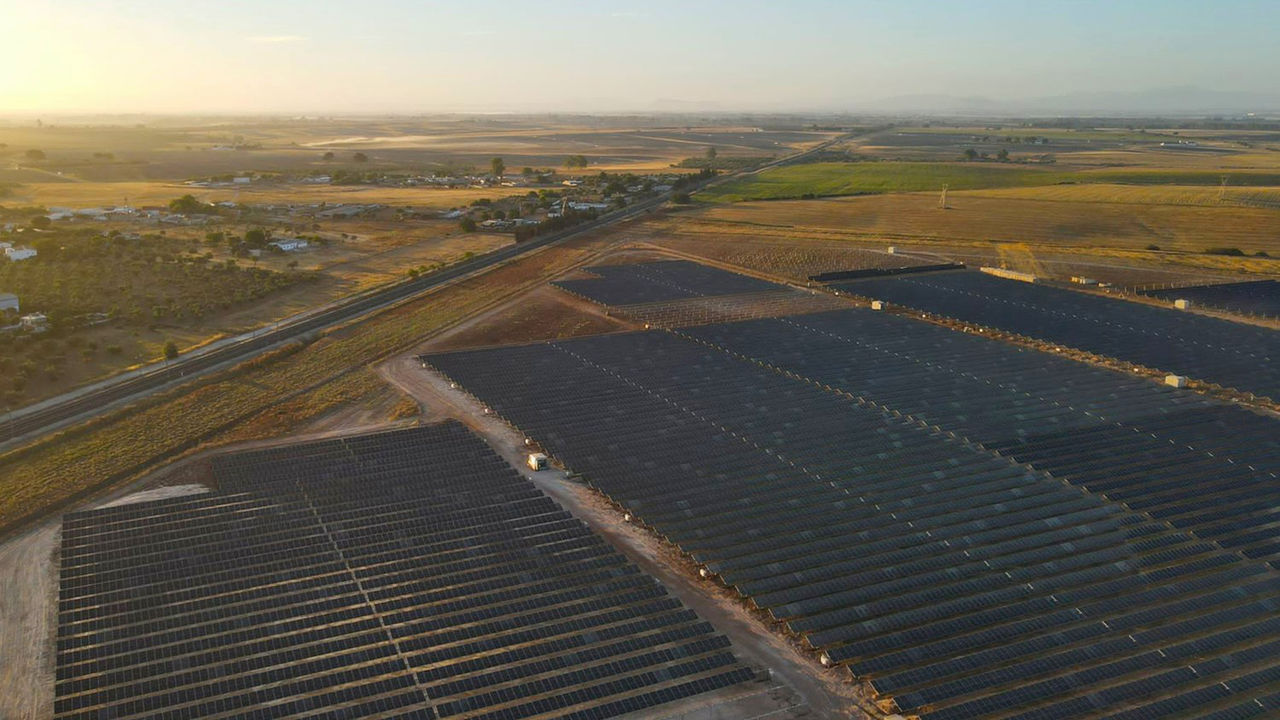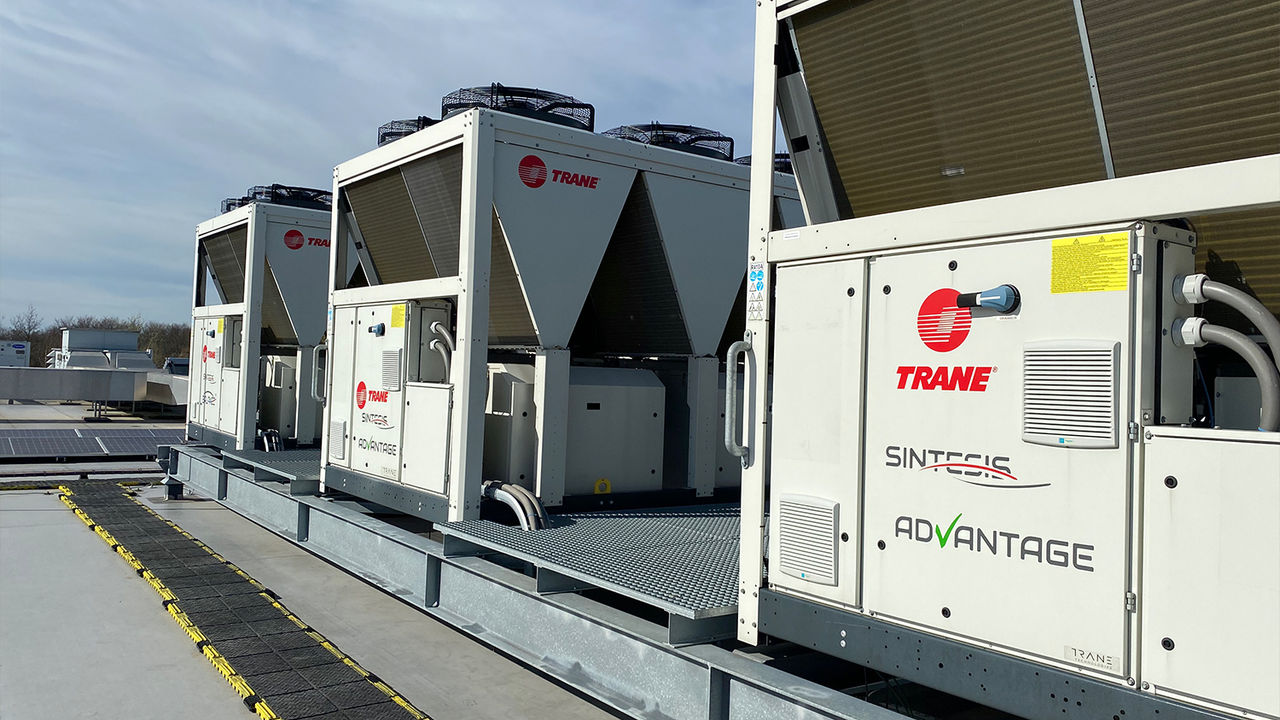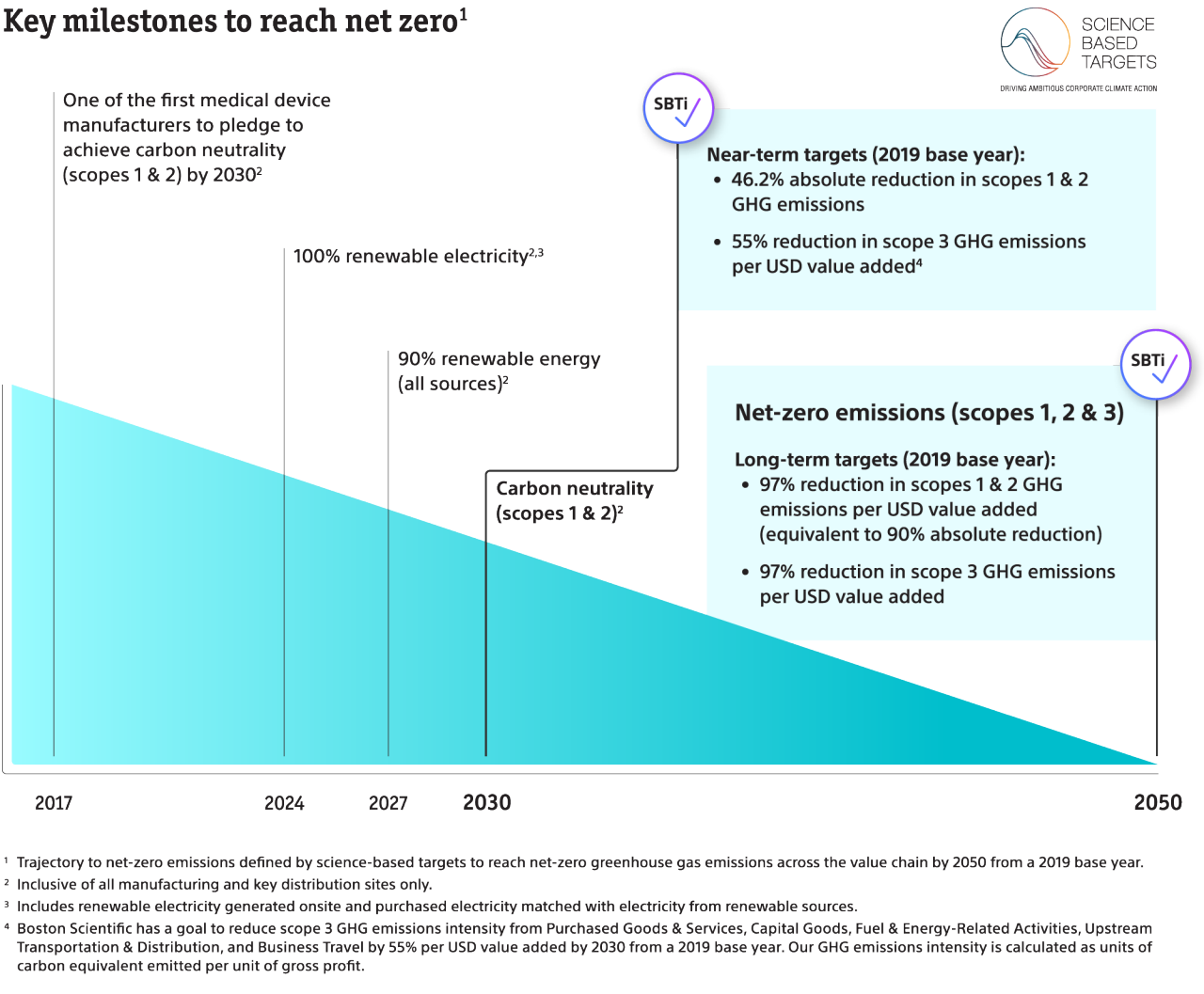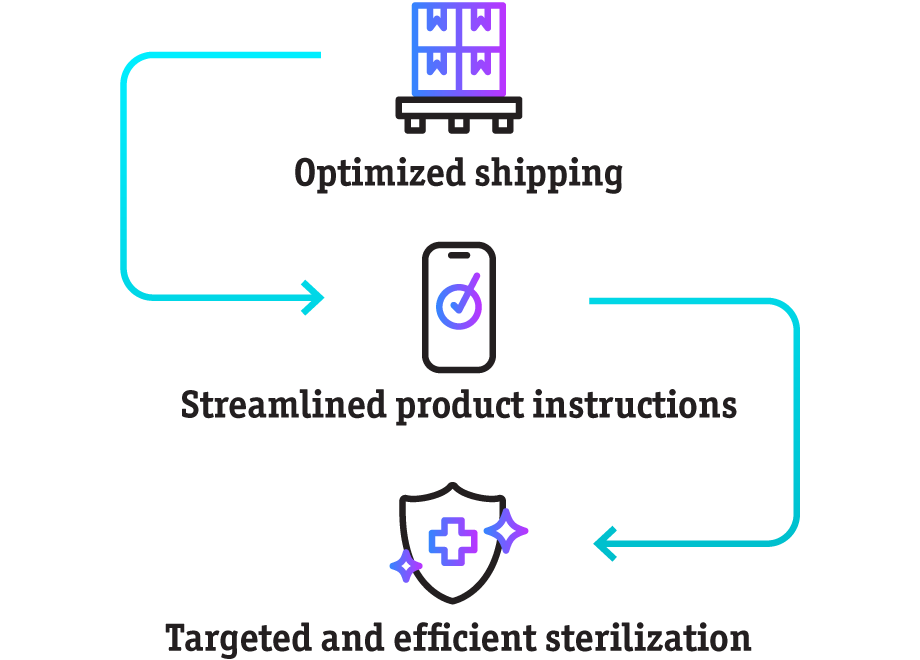In 2017, we became one of the first medical device manufacturers to pledge to achieve carbon neutrality by 2030 in all of our manufacturing and key distribution sites. This steady progress has been driven by our Global Energy Management System and our C3 strategy, which guides priorities and programs in the following areas:
- Cut energy use – by investing in energy efficiency at our existing sites and new construction that meets the highest climate standards.
- Convert – to renewable energy sources companywide instead of relying on fossil fuels.
- Compensate – with carbon credits and offset projects for remaining unavoidable emissions.





